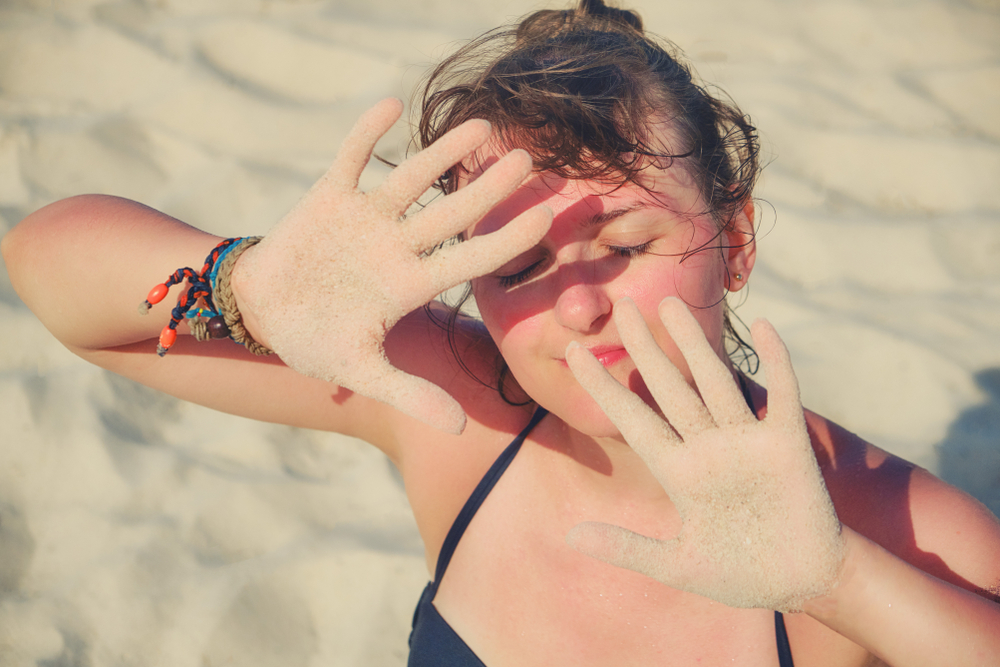Stating that sun allergy, which is one of the most common types of allergies in summer, mostly affects women between the ages of 20-40, Turkish National Allergy and Clinical Immunology Association Member Assoc. Dr. Ayşe Bilge Öztürk talked about the risks of sun allergy and protection methods by saying, “Do not apply anything that has a natural label on your body, it may do more harm than good.”
 “Natural does not mean it cures”
“Natural does not mean it cures”
Emphasizing that it is very important to protect from the sun between 11:00 and 16:00 when the sun is intense, Öztürk stated that wearing hats, glasses and long-sleeved clothes that prevent direct contact with the sun, and the use of skin moisturizers and antihistamines are the primary treatment options. Stating that many people tend to consume every product they see as natural and apply it to their skin, Öztürk said, “Not every food or product that is considered natural may be absolutely beneficial for the skin. As a matter of fact, some chemicals such as medicines, perfumes, soaps, creams, or some plant leaves and herbs, or contact with the sun’s rays after consuming or applying them to the skin can cause sun allergy. Although there is a natural phrase on the products that are used unconsciously, it does not cure your disease and may cause an exacerbation.
“Not every rash is a sun allergy”
Stating that the cause of sun allergy is unknown, Öztürk said that some drugs, some chemicals such as perfume, soap, cream, or some plant leaves and herbs cause itchy eczema-like appearance on the skin when combined with sun rays. Stating that the findings emerged when people were exposed to sunlight after contact with these substances, Öztürk continued: “The diagnosis is usually based on history. High protective factor sunscreens should be used in the treatment. Sunscreens should be applied half an hour before going out in the sun, and should be repeated every 2 hours after washing and drying. It should not be forgotten that every rash that occurs in summer may not be a sun allergy. For this reason, when a rash develops on the skin, a specialist’s opinion should be sought and the treatment should be planned in line with the doctor’s recommendation.
Intense sunlight can invite skin cancer!
Underlining that those with skin diseases such as skin cancer, eczema, dermatosis, photosensitivity, and those with rheumatological diseases such as lupus should definitely stay away from the sun, Öztürk said, “Exposing the sun can increase skin sensitivity in these diseases and cause disease exacerbations. Chronic diseases have not been shown to be related to sun allergy. However, intense exposure to the sun creates susceptibility to some diseases such as skin cancer. However, this is not a condition defined as an allergy. Sun allergy can be seen with different allergies or it can be associated with chronic hives (urticaria) that lasts longer than 6 weeks.


